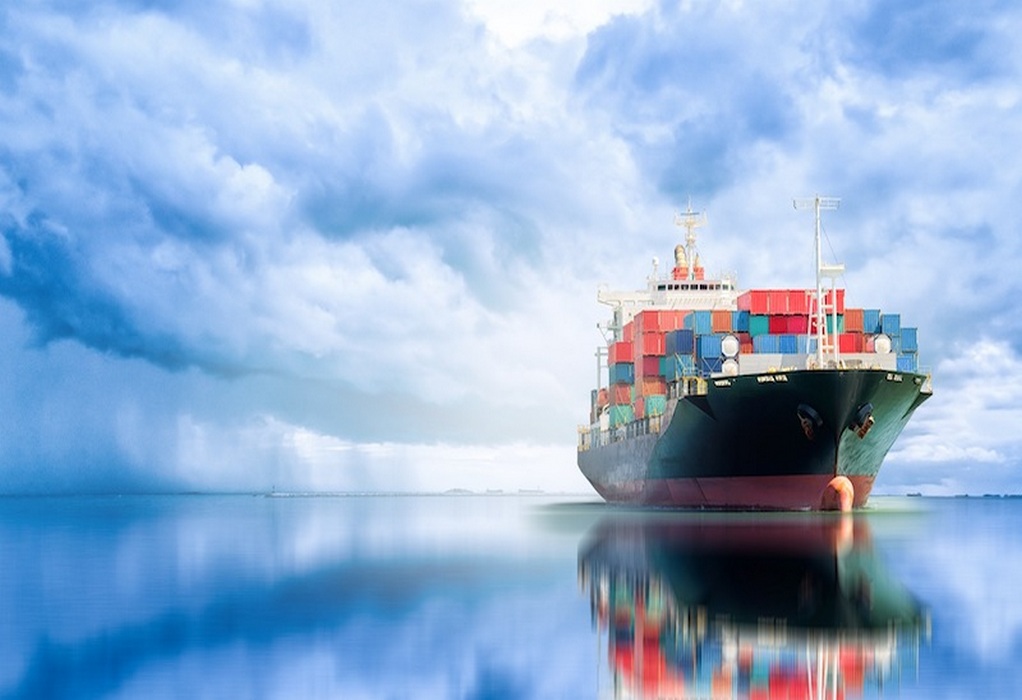Kongsberg Maritime has secured a contract to design and equip a tenth hybrid chemical tanker for Danish operator Terntank.
The new Terntank vessels will reduce carbon emissions using a combination of clean technologies. The wind-assist technology will be installed on the latest four vessels ordered, and this feature alone is expected to reduce emissions by up to 19%.
The new vessels will have an Energy Efficiency Design Index close to 40% below the 2025 Phase 3 requirements.
The 15,000 dwt hybrid tankers can operate on diesel, biofuel or methanol, and feature wind-assist technology plus Terntank’s own battery-powered Hybrid Solution.
The tanker was ordered in March this year and is slated for delivery in 2027.
The vessels will be propelled by the efficient Promas propulsion system, with flap rudder, delivering fuel consumption savings of more than 6% compared to alternative systems. The equipment package also comprises a tunnel thruster with M-con thruster control system, K-Chief integrated automation systems, AutoChief propulsion control system and deck machinery.
The vessels will have the NVC 615 CT hull design characterised by Ice Class 1A efficiency, and a wave-piercing bow.
According to Kongsberg, the latest order brings the total ships ordered in this design series to twelve, following a contract for two similar vessels, without suction sails, for Swedish operator Sirius Redri AB.
All twelve vessels will be built at China Merchants Jinling Shipyard, Yangzhou and the first vessel with wind-assist technology will be delivered in 2025.
Tags: Kongsberg, Newbuild, Vessels



Recent Posts
Hyundai Glovis to Retrofit Seven PCTCs with Avikus AI Navigation System
Super Terminais orders three more Konecranes Gottwald ESP.10 Mobile Harbor cranes
Covestro and HGK Shipping Extend Partnership to 2040 with Focus on Wind-Assisted Vessel Retrofit
Artemis Technologies Successfully Demonstrates 100 Percent Electric Crew Transfer Vessel at Aberdeen Offshore Wind Farm
IACS Council Advances Decarbonisation, Digitalisation and Governance Priorities at C91 Meeting in Beijing
Japan Launches Major R&D Project to Advance Shipbuilding with Alternative Fuels
EU Adopts Emissions Standards for Low Carbon Hydrogen to Bolster Clean Energy Market
Trafigura to Implement ZeroNorth’s AI Platform Across Global Fleet